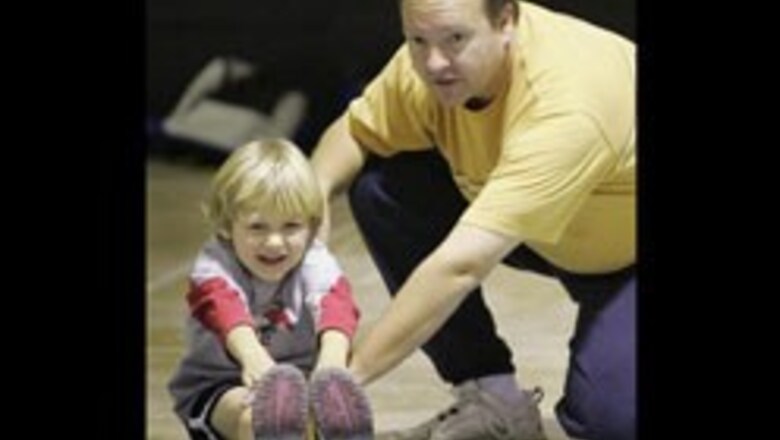
views
Washington; When it comes to having kids, women will no longer be the only ones to worry about their ticking biological clocks.
A new research has found that a man’s fertility decreases by up to 70 per cent after he turns 40.
In an international study of 2000 infertile couples, researchers found that age does take a toll on a man's fertility.
However, regardless of the woman's age, men who had crossed the age of 40 had only a 30 per cent success rate of fathering kids.
As all the women in the study were completely sterile and undergoing in vitro fertilisation (IVF), the age of the fathers was key.
The study was led by Dr Elise de La Rochebrochard of the French national health institute, INSERM.
The findings on male fertility were published in medical journal Fertility and Sterility.
The researchers said that the study has shown, for the first time, the extent to which a man’s age can be responsible for the failure to conceive.
"Our results provide, for the first time, strong evidence for a paternal age effect on failure to conceive that is linked only to biological male aging," the study authors report in the journal.
They added that not only does the volume of sperm decrease as a man grows older but the sperm also turns more "sluggish", leading to problems in conceiving.
The team concluded that now, age must no longer be considered the concern of solely the woman when it comes to reproducing.
"In reproduction, age must no longer be considered as the concern of the woman but as that of the couple," they concluded.




















Comments
0 comment